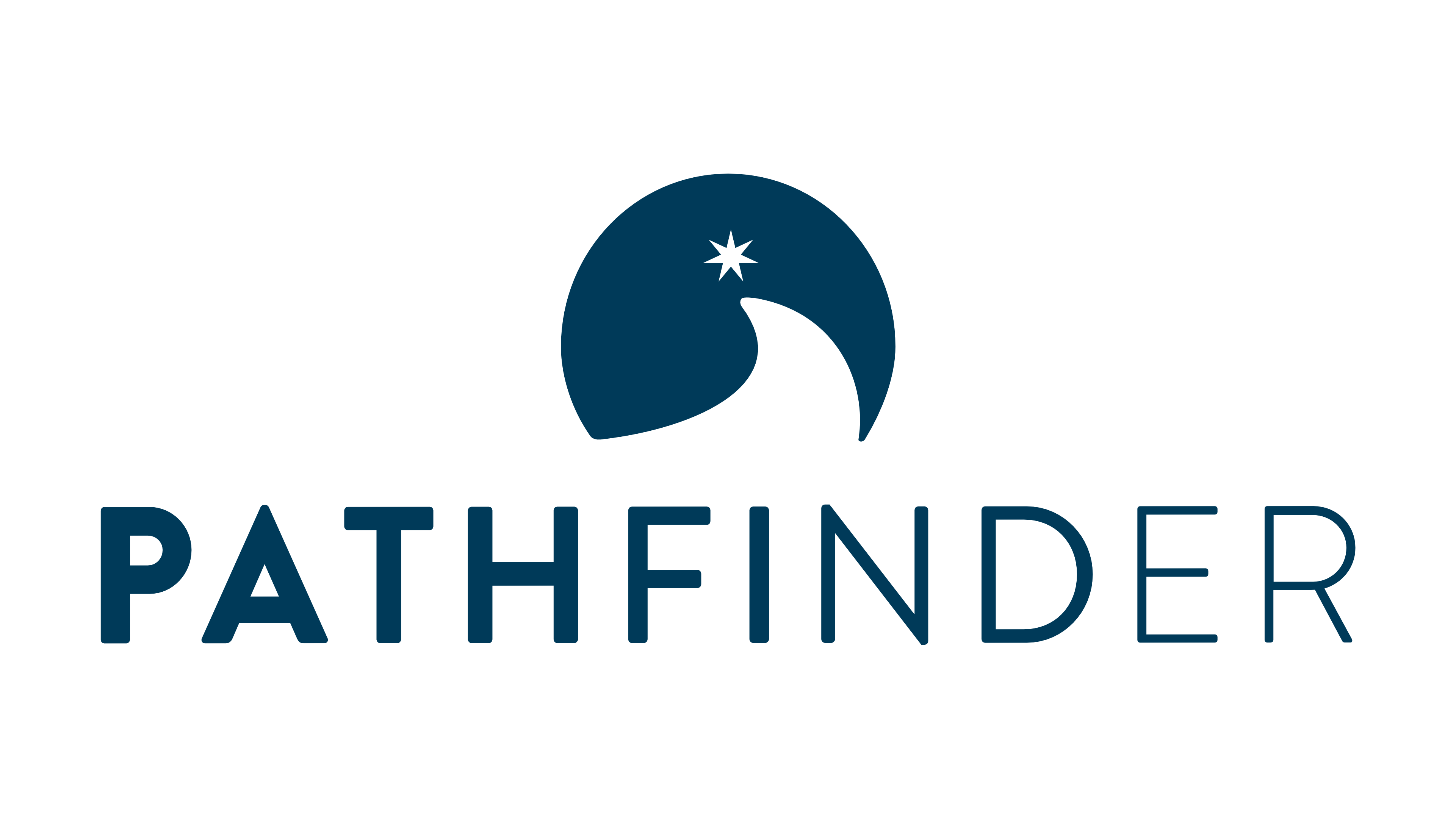

My first takeaway was that foreign influence has played a large role in the development and current climate in the Middle East. Following the Sykes-Picot agreement, the French influence on the Maronite Catholics led them to adopt more Western values. Which attributed to their openness in diplomatic relations with the United States, which the Sunni and Shia Muslims highly disliked because of America’s alliance with Israel and growing pan-Arabism. These tensions against the West then made way for the Soviets to help arm and support movements against Western ideals. In the current day, Iran is a primary proprietor of foreign influence, specifically with Hezbollah in Lebanon.
The second takeaway that I had was that sectarian confessionals do not work in the Near East. This is because, in a region of unrest, there is bound to be an influx of refugees and immigration that upsets the fragile system. There is only hope, I believe for a pluralistic Lebanon if Hezbollah and groups with similar radical ideologies are removed from the country. Pluralism calls for a cosmopolitan society, that is not compatible with Sharia law.
